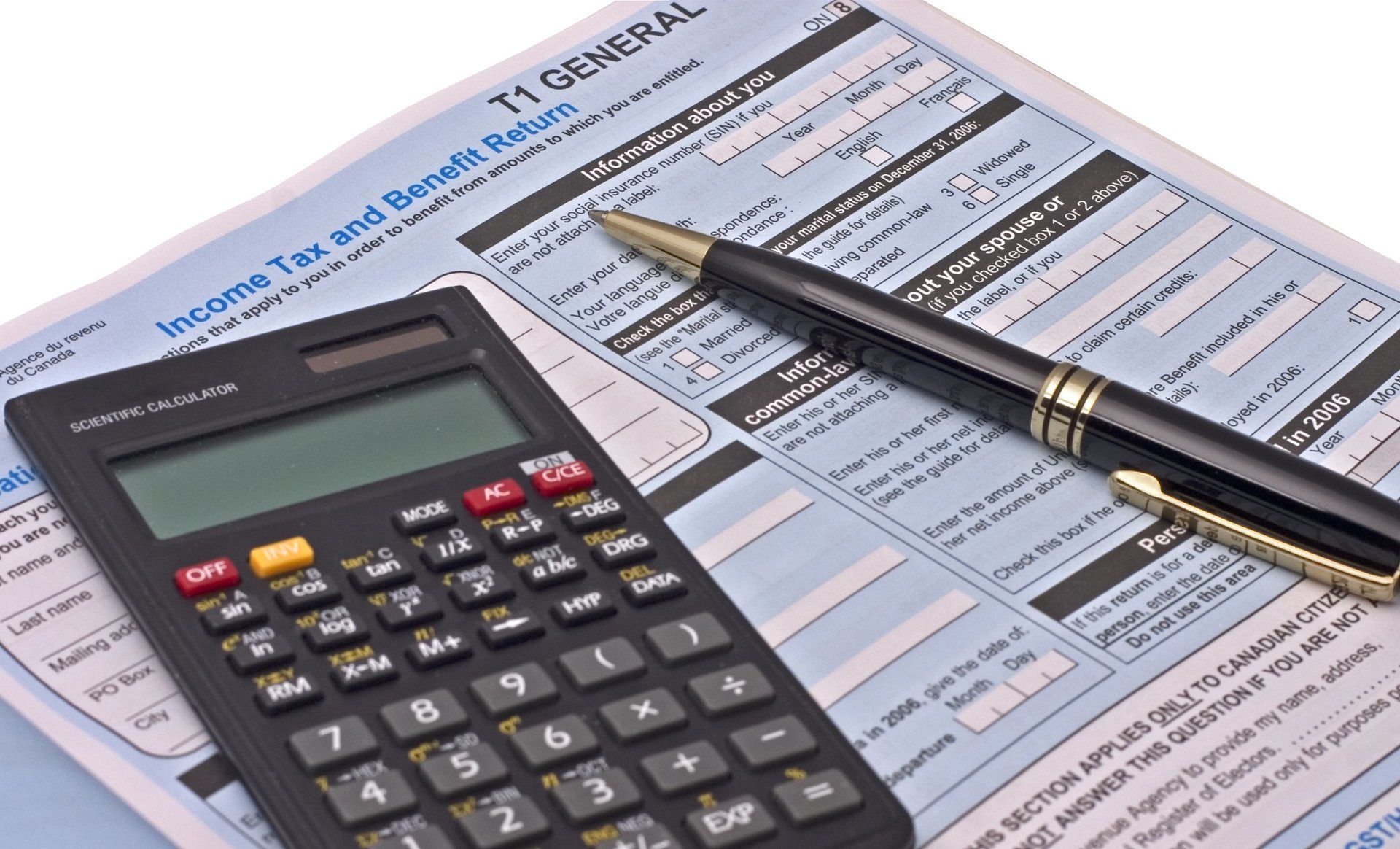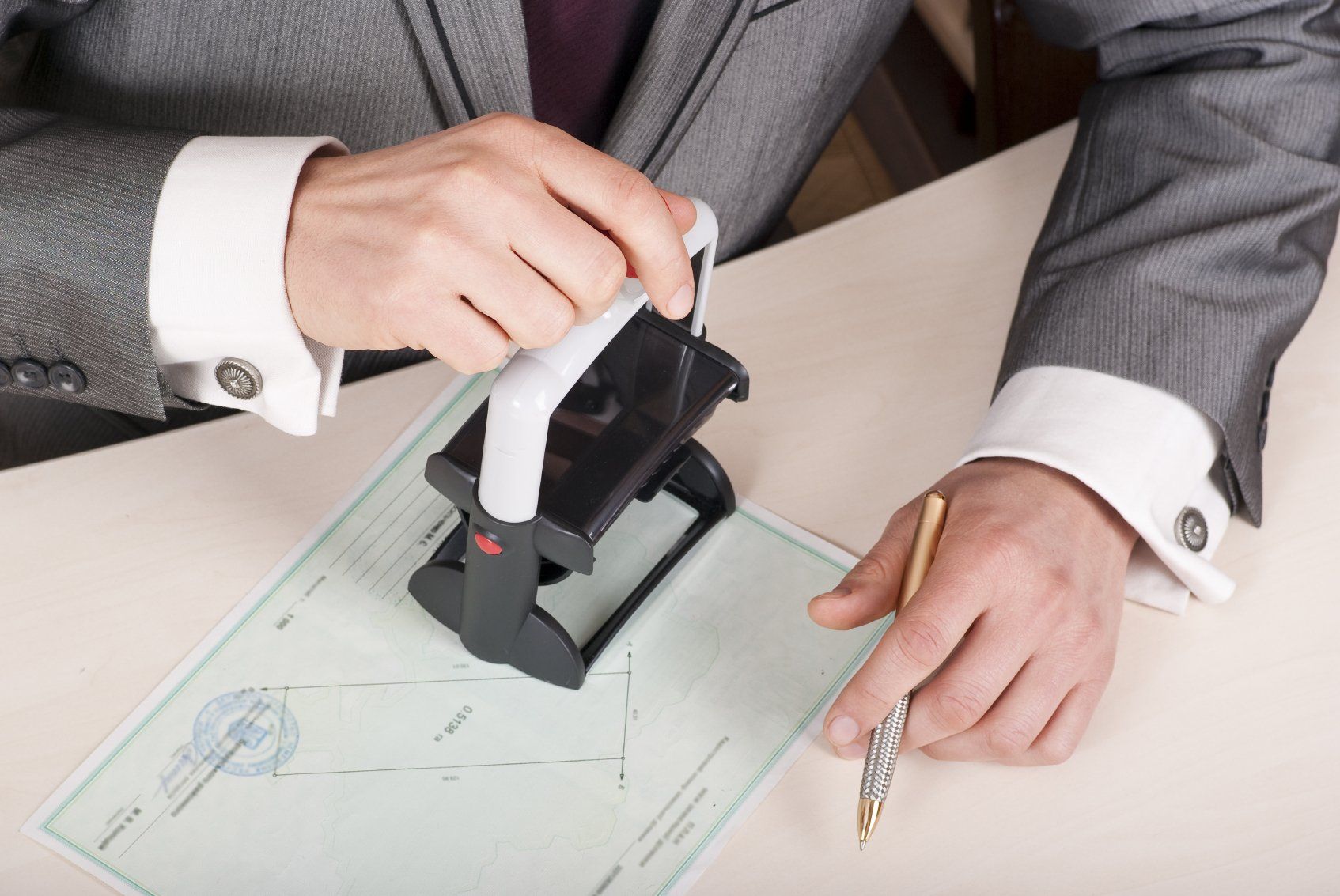The purchase of a house does not only involve the payment of the purchase price, but you will also have to pay all the other parties involved in the transaction, in addition to the seller.
You will also have to pay for the services of the notary, the real estate agent and, last but not least, the State, which is the custodian of your property rights through the Conservatorship.
These ancillary costs are a significant part of the cost of buying and selling.
It is not uncommon to have to add 10% to the purchase price. The cost will vary depending on the area in which you are buying, as property taxes vary from area to area.
The additional costs of buying or building a house or apartment are obviously different. However, there are some costs that are the same for all purchase options.
In any case, you will have to pay the following additional costs:
-) Notary Deed
-) Land registry fees
-) Land transfer tax
-) Market brokerage tax 3.5 - 7 % incl. VAT
In detail:
-) Notary costs
A notarized contract for the purchase of a house is required by law.
Therefore, a notarized deed is required to formalize the purchase. Notary fees are approximately 1% of the purchase price.
If the notary is hired for additional services in connection with the purchase of a house or apartment, the amount increases accordingly. For example, if you are buying with a mortgage, you will need a copy of the loan agreement you signed with the bank. Or, at the same time as the purchase, you want to grant the right of habitation or usufruct in favor of other parties.
Usually the buyer pays all the notary fees. But it can be agreed otherwise.
-) Registry costs
The actual change of ownership takes place only through registration in the land register. The notarized contract of sale is not sufficient to obtain formal ownership of the property. The notary will also charge the Land Registry fees, which are divided into registration fees for the change of ownership and execution fees for the purchase of the property.
These costs vary according to the schedule of fees and the amount of the agreed purchase price and usually amount to about 0.5 percent of the purchase price of the property.
-) Property Transfer Taxes
Property transfer tax (GrESt) is a tax levied on the purchase of a property or part of a property. It is levied on the basis of the Real Estate Transfer Tax Act and is a state tax that can be transferred to municipalities.
Depending on the federal state, the rate is between 3.5 percent (Bavaria and Saxony) and 6.5 percent (Schleswig-Holstein, North Rhine-Westphalia, Saarland, Brandenburg and Thuringia), calculated on the value of the consideration (Section 8 (1) GrEStG).
As a rule, the consideration is the purchase price.
-) Brokerage Costs
According to Section 652 of the German Civil Code (BGB), the real estate agent is entitled to charge a broker's fee for his services if he has introduced a potential buyer and a purchase or rental agreement has been concluded as a result of his mediation.
Additional fees must be paid to the broker only if previously agreed upon (even if the contract is not concluded).
Unlike notary fees, there is no table of brokerage fees that regulates the fee. The amount of the commission is therefore freely negotiable. Only in the case of the mediation of rental contracts, the legislator has limited the maximum allowable commission to 2 monthly fees.
In most regions, brokerage commissions are shared equally between the seller and the buyer - for both parties a gross commission of 3.57 percent of the purchase price - in the regions of Hamburg (6.25 percent), Bremen and Hesse (5.95 percent) as well as Berlin and Brandenburg (7.14 percent), brokerage commissions are usually borne entirely by the buyer.
Brokerage commissions are tax deductible on the sale of a property only if a taxable capital gain is realized, for example, because the property was part of the business's assets or was leased and sold within 10 years.








